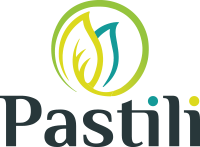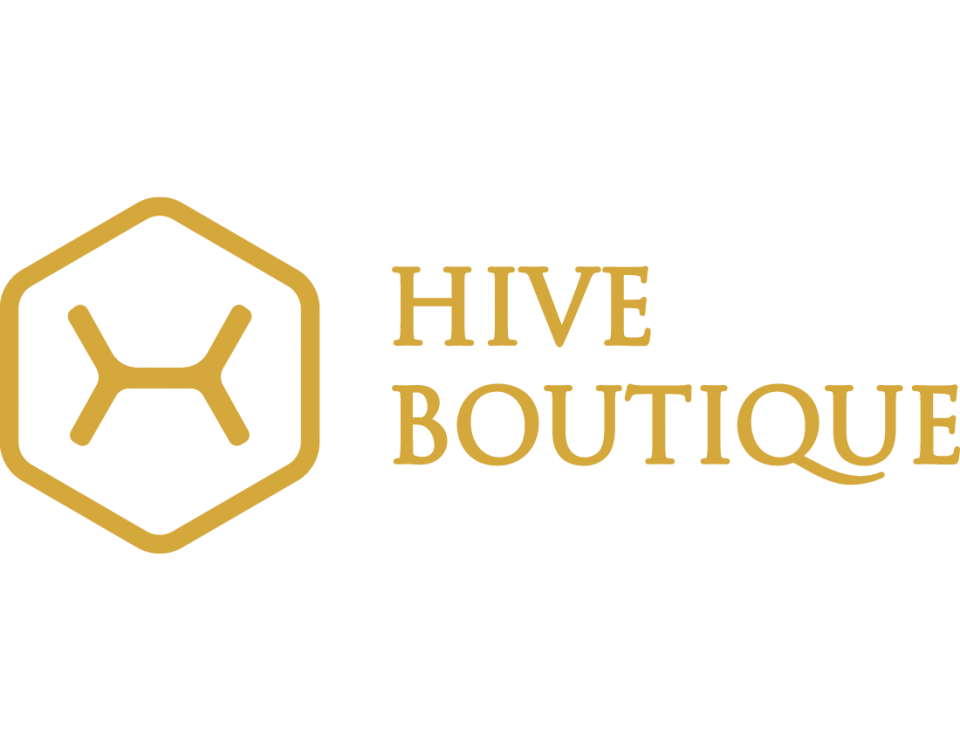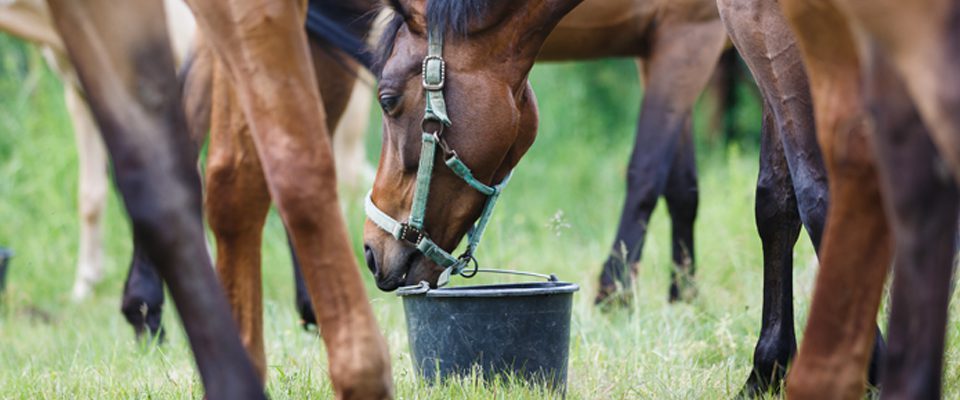Organic Raw Honey vs. Regular Processed Honey

ORGANIC AND REGULAR HONEY. WHAT IS THE DIFFERENCE?
HONEY! It has been harvested and used as a food and medicine for at least 8 000 years. For centuries people have appreciated honey and it’s probably one of the purest “paleo” foods we have until nowdays.
But is the packaged honey we see in the grocery today the same as the medicinal honey used in the ancient world? And why does it matter?
When it comes to buying honey and we read the labels, there is so much confusion with different terms as “organic honey”, „bio honey”, “raw honey”. What’s the difference between them and how a perfectly natural product as honey, made from honey bees, is labeled “Natural Honey”! How else can it be?
So, let’s take a look at what the science says of each one.
There are two major types of honey considering:
• farming: Organic/Bio honey – follows the strict organic livestock standards and Regular honey – not certified;
• processing: Raw honey – as it exists in the beehive, no additives or processing;
Natural honey – no artificial additives; and
Processed honey – additives, pasteurizing, filtering or other processing ` are allowed.
Believe it or not, not all honey is created equal.
“Organic” is a term used to describe the way of growing or processing the products.
There is set of standards and conditions that must be fulfilled in order to certify honey as “organic”. These standards state that the hives should be placed on an area of synthetic chemical-free vegetation, near clean water. The bees need to gather from organic plants which the area must be certified organic to be labelled so. The hives must be made of natural materials and kept free of pests. The bees cannot be given antibiotics; all medical treatments must be made of natural products; during winter, the bees should eat pure honey. Organic raw honey does not remove any of the pollen and doesn’t use any chemicals during the production process.The entire process of extracting the honey needs to be made using natural organic materials, no additives should be added to the original honey. Regularly must be made multiple analyses to prove that there are no chemical and harmful residues. All vitamins, nutrients, and enzymes must be intact in these organic products.
In comparison, regular honey is imply harvesting from sprayed with pesticides fields and forests. Hives are made of non-organic materials and often cleaned with toxic substances. The extracted honey is pasteurized, with increased level of toxins and additives; it contains little to no pollen. Bees are treated with antibiotics and winter nourishment is with syrup or sugar.
So, if we want happy bees and healthy ecosystems, we can make a real difference by choosing the right kind of honey.
RAW AND PROCESSED HONEY – THE SHOCKING CONTRADISTINCTION
Some people believe that honey is honey, regardless of how it is harvested and processed. Now we will see that it is not true and will define the difference between all these types of honey.
Raw honey comes straight from the beehive and is a potent superfood, totally unprocessed and unpasteurized. It is packed with bee pollen, propolis, vitamins, minerals, proteins and amino acids, just as it was gathered by one of the most unique creatures on planet earth – the honeybee. Processing of raw organic honey is only done by the means of gravitational settling and straining, to removes any bee parts, broken legs, wings and other debris, which may have fallen into the honey. Heating, pasteurizing and adding substances or additives are not allowed here as well. The productions is stored in organic recipients and glass jars.
Natural honey can be described as honey with no additives added to change it from its natural state. Natural honey may or may not be certified as organic. Bulgarian Balkans Honey and, in general, the honey harvested in Bulgaria, is most often produced in small private farms than in large commercial concerns. Despite its small land, Bulgaria offers the perfect conditions for honey production at clean and filled with herbs mountain areas without industrial farming, factories and away from harmful human activities. Such honey, even if not certified as organic, is a unique class of production, pure, natural, with high quality and incomparable properties.
The most of golden great looking honey you see at grocery is dead. Why? It is processed honey and does not contain bee pollen. Why this wonderful nature’s miracle is removed from our honey?
Some people don’t like the thick looking texture of raw honey, so, to make it look cleaner, smoother, more appealing on the shelf and easier to handle and package, producers process honey by pasteurization and filtration. The most of commercial regular honey is pasteurized, i.e., heated to the point where no microorganisms, beneficial or otherwise can survive.
While many might label this practice beneficial, as it gets rid of any dangerous bacteria that might be slinking in the honey, research is beginning to show otherwise. Pasteurization kills any yeast cell in the honey, destroy almost 100% of vitamins, minerals, antioxidants and antibiotic properties typically found in abundance in natural beehive honey, which have categorized it as a medicinal food throughout the centuries. Also, some of that honey is forced at high pressure through extremely small filters and ultra-filtered so much that even pollen is not present in it anymore. This, in essence, leaves us with a sugar syrup without enzymes and vitamins, no matter how pretty the packaging is.
Chemically, sugar is sugar. So, when it comes to looking just at calories and sugars, both types of honey are the same and you could choose the cheaper one. Organic raw honey is pricier, but the higher price does comes with a number of added benefits which regular honey does not contain. Although you will pay a little more, it is well worth the investment, and health benefits. Aside from its sweet taste, the raw organic honey is composed of roughly 200 beneficial substances such as amino acids, flavonoids, minerals, vitamins and enzymes that make it something which have been extremely appealing to our ancestors, and is still appealing today!
That’s why, we need to think of honey in a different way – like a special natural remedy, and to encourage a more sustainable approach to beekeeping.



